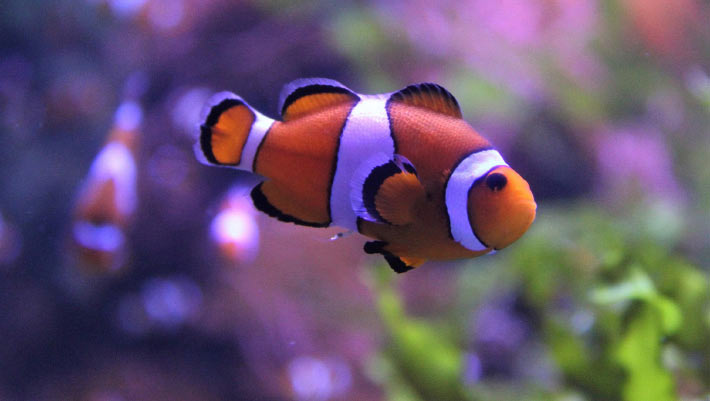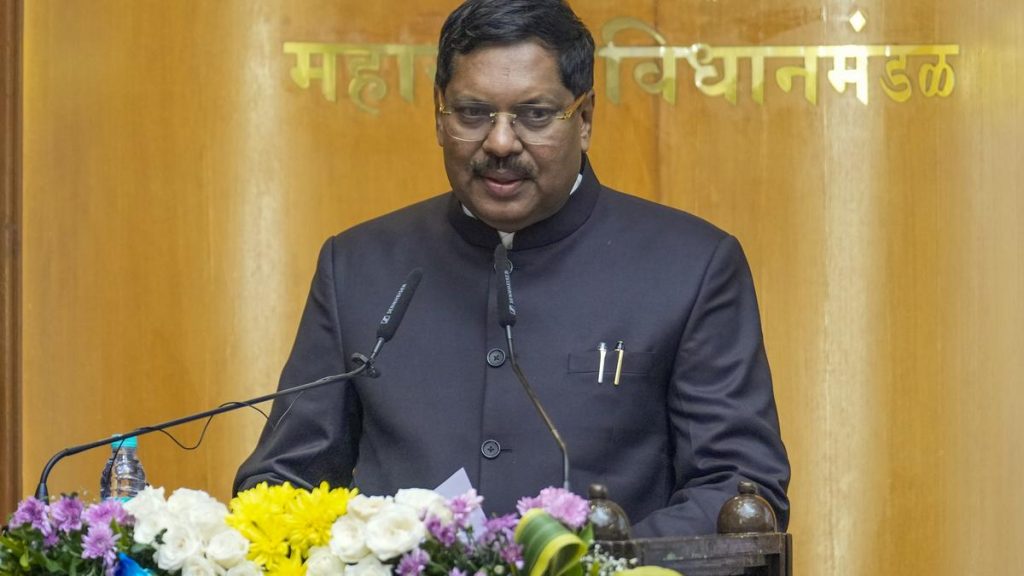Now Reading: Clownfish Found to Shrink Under Heat Stress, Study Reveals
-
01
Clownfish Found to Shrink Under Heat Stress, Study Reveals
Clownfish Found to Shrink Under Heat Stress, Study Reveals

Quick summary
- Species Studied: Clown anemonefish (Amphiprion percula) were investigated during a marine heatwave.
- Primary Finding: Researchers discovered that clownfish can shrink their body length in response to heat stress and social conflict, which increases their survival chances by up to 78%.
- study Details:
– Conducted over five months in Kimbe Bay, Papua New Guinea.
– Researchers monitored water temperatures and measured the lengths of 134 clownfish monthly.
- Key Observations:
– Shrinking was observed in approximately 75% of the studied fish (100 out of 134).
– dominant fish adjusted size based on available resources; subordinate fish maintained specific size ratios with dominant ones to avoid conflict and eviction from their social group.
- Meaning for Ocean Ecology:
– This is the first documented case of a coral reef fish shrinking due to environmental stressors.
– Suggests shrinking could be linked to declining average size across various oceanic fish species as an adaptive response.
For further details, Read More.
Indian Opinion Analysis
The findings enhance our understanding of how marine biodiversity adapts under climate-induced stress. Heatwaves are increasingly affecting Indo-Pacific coral reefs,ecosystems vital not only for global ecological health but also significant for India’s extensive coastline and fisheries-dependent communities. Adaptive behaviors like ‘shrinking’ might help certain species survive but signal deeper issues such as resource scarcity or deteriorating habitat quality.
India has committed significant efforts toward preserving marine habitats-such as coral reef conservation under the National Coastal Mission-and thes findings underscore how precise data on adaptive responses can guide future interventions. The potential correlation between widespread shrinking among aquatic species and declining biomass further stresses India’s growing need for robust policy frameworks that integrate biodiversity studies with climate resilience strategies. While this study highlights survival techniques at individual levels, it also raises questions about long-term implications for food security and sustainable fishing practices globally.

























